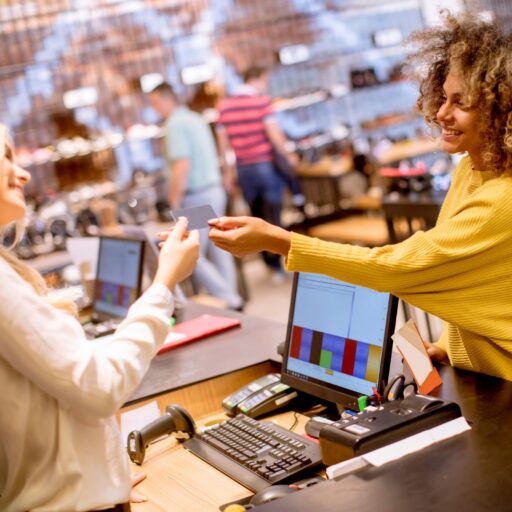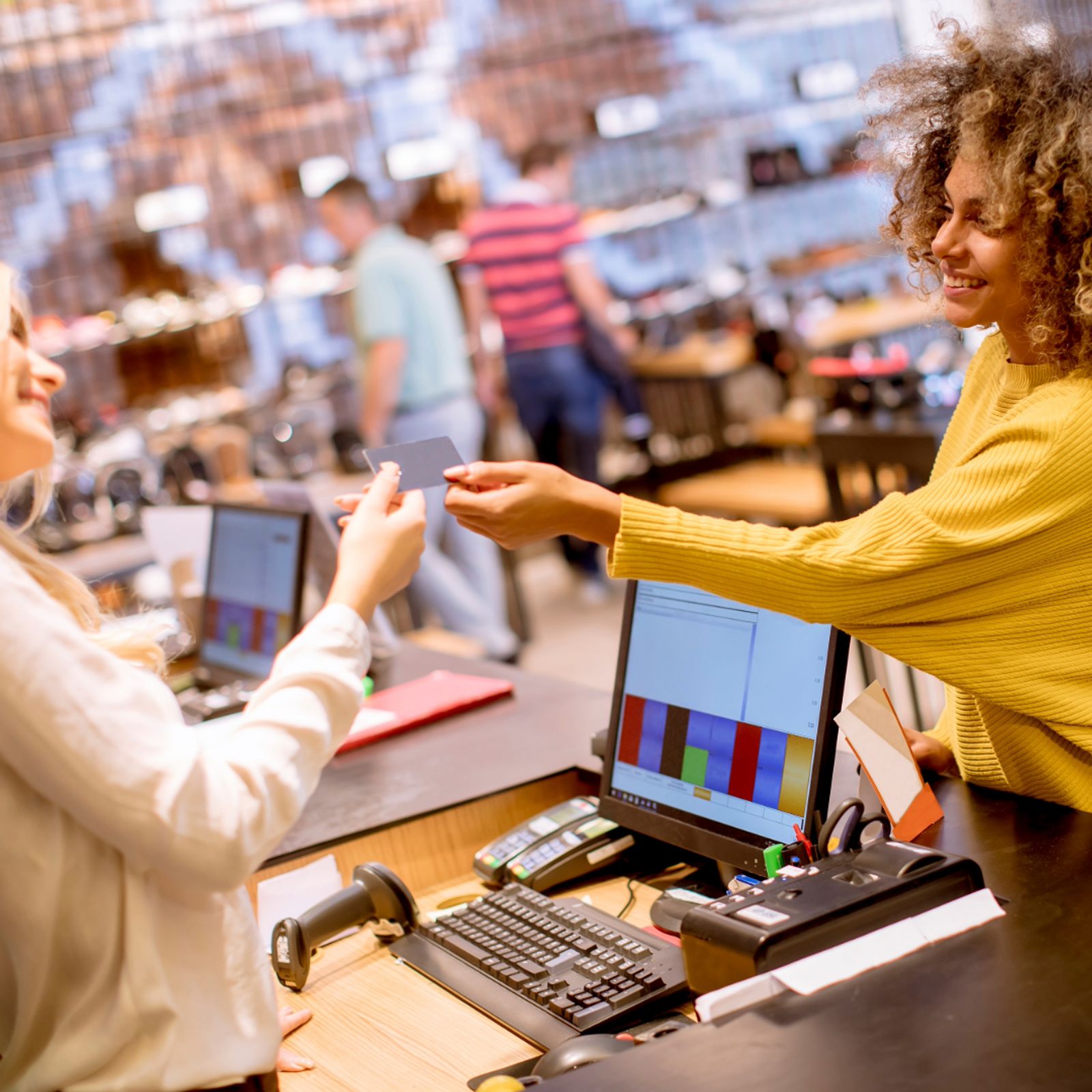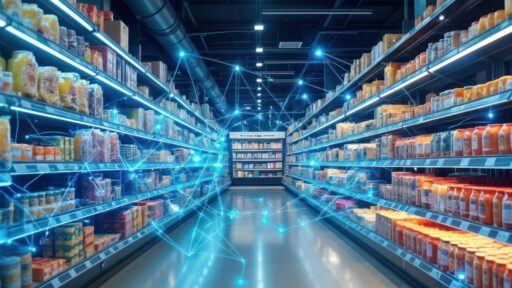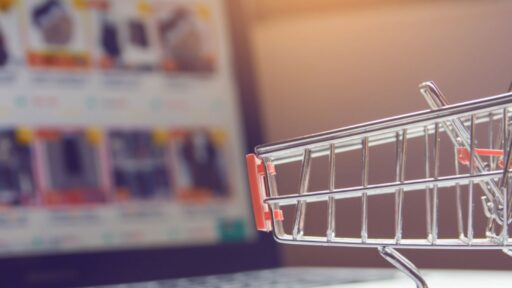Discover The Best CRM Setup for a Specialty Retail Store :
CRM Tailored to Products, Customers, and In-Store Interactions
A specialty retail store needs a CRM that reflects its daily reality: close relationships, targeted recommendations, and active loyalty-building. A well-configured system links in-store purchase data, local campaigns, and after-sales interactions in real time. Thus, the retailer immediately sees each customer’s history, anticipates needs, and adjusts the conversation accordingly. In 2025, a localized CRM becomes indispensable for staying competitive while maintaining a human touch.
Types of Contacts to Create
Regular Customers
They visit the store frequently; tracking their preferences and purchase frequency helps reward them.Occasional Customers
These visitors shop sporadically. Timely follow-ups can convert them into loyal patrons.Loyalty Card Holders / Subscribers
Card or subscription holders receive special offers and rewards. Tracking them strengthens loyalty.Local Suppliers or Partners
Collaborating with local artisans and producers enriches product offerings. The CRM simplifies order and negotiation management.
Useful Modules to Activate
Sales Management
Records each in-store transaction, detailing items sold and payment methods. Provides real-time revenue tracking.Purchase History
Keeping a full record of purchases helps understand each customer’s buying habits and anticipate needs.Localized Email Marketing
Sending geotargeted emails or messages tailored to the local community (in-store events, neighborhood promotions).After-Sales Service (SAV) Ticket Tracking
Logging each complaint or special request (returns, repairs, customizations) for responsive customer service.Automated Follow-Ups
Scheduling automatic reminders to re-engage a dormant customer or track a custom order.
Recommended Custom Fields
Purchase Frequency
Measuring the number of visits or purchases over a given period to segment the most active customers.Preferred Product Category
Determining if the customer favors organic, locally made, premium, or promotional items.Last Purchase Made
Recording the date and contents of the most recent order to enable relevant follow-ups.Average Basket Value
Calculating average spending to tailor offers and recommendations.Birthday / Special Event Date
Sending a message or special offer on a customer’s birthday or a relevant local event.
Example Conversion Cycle
A customer subscribes to the newsletter in-store by scanning a QR code.
They automatically receive a 10% discount coupon for their first purchase.
After the first purchase, the CRM sends a personalized thank-you email with usage tips.
If no purchase is made within 30 days, a follow-up email is sent offering a targeted discount based on their previous cart.
The customer returns to the store, receives VIP treatment, and gradually becomes a loyal member.
Use Case: Natural Cosmetics Boutique
This natural cosmetics store segments customers by purchase type: organic products, anti-aging, or hair care routines. The CRM sends personalized recommendations and seasonal offers to each segment. For example, buyers of anti-aging products receive invites to specialized workshops. Thanks to this approach, email open rates rose 40% in six months. Additionally, the store’s average order value increased by 25% due to the targeted recommendations.
Conclusion
With a well-setup CRM, even a small specialty store can provide a customer experience on par with major chains while maintaining simple management. Data centralization, automated follow-ups, and personalization enhance loyalty and drive sales. In 2025, a CRM tailored to in-store interactions becomes a strategic lever for staying close to customers and achieving sustainable profitability.












